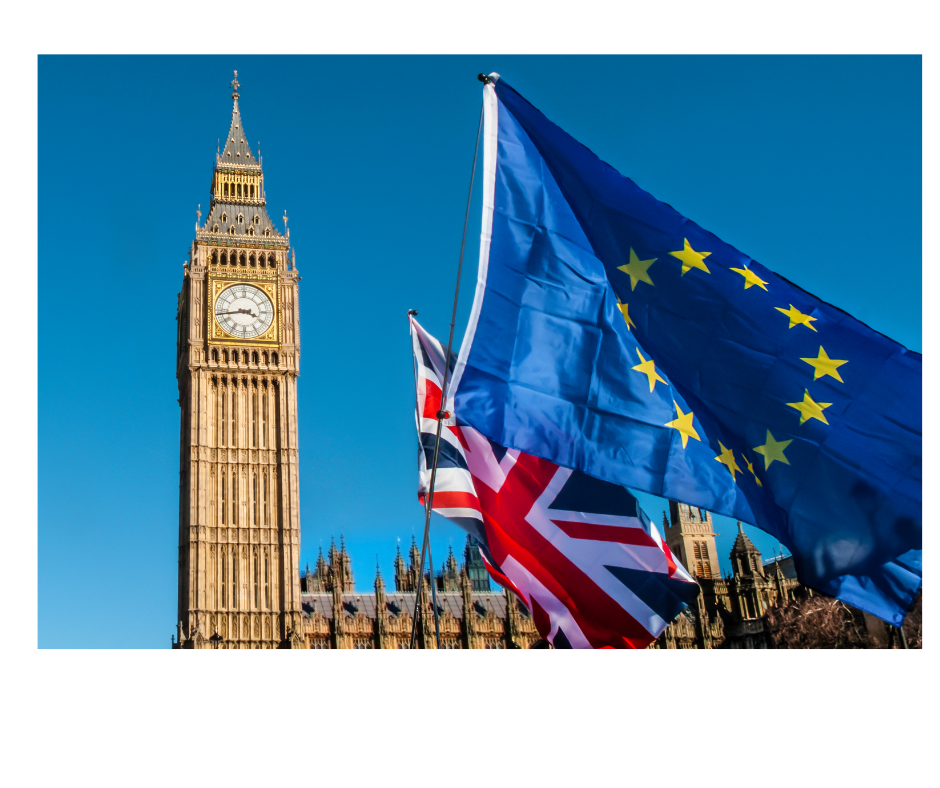
Recently as a business whilst speaking to our clients, we started to notice a pattern emerging, especially in the manufacturing industry. Our initial intention was to speak to everyone, first and foremost, to check in and ensure they were all coping OK in the current climate, lend an ear if required, make relevant introductions and to see how their staff had been affected. Whilst there were some issues with parents having to home school, the adjustment to homeworking and those shielding or in isolation, what emerged was that there had been a much larger issue for a lot of businesses in the sense of Brexit.
Manufacturing is responsible for 15-22% of the economy and specifically in East Anglia for 7% of employment (rising to 9.6% including only Suffolk and Norfolk). Given this, it is fair to say that shocks to UK manufacturing can have a major impact on the local and broader UK economy.
UK manufacturing is tightly linked with the EU in several ways. Nearly a half of UK exports and imports of manufactured goods go to, and come from, the EU, and EU labour helps fill key skills gaps in the UK.
Prior to a deal being reached, businesses were given advice on three things to prepare for:
1. Keep goods moving – this meant having to understand potentially a whole new supply chain, looking at tariff changes, compliance, relationships with current suppliers, the security of current customer relationships, potential delays etc
2. Adopting new technology and innovation - AI and automation, for example, provide an opportunity for businesses to scale up the volume to meet demand from outside of the EU, helping to keep production costs low and assisting the development of new products for new markets. Automation has already changed manufacturing processes around the world, and there will be new systems that can perform tasks usually done by humans, which will save money and improve efficiency, but this will have an impact on the current task force and takes time to understand especially for businesses who have not invested in new machinery or technology for years.
3. Investing in the right people - Managing a business after the transition period is also about recruiting and retaining the right staff to drive success. This meant evaluating and auditing the current structure and processes to ensure maximum return on investment. This takes a huge amount of time and work.
So it is no wonder that this became more of a focus for many. It has been a huge change and upheaval with many still learning what these impacts mean. For some it has meant redundancies, for others a huge increase in recruitment especially for the customs and compliance element. Compass Point Recruitment have been working with several large manufacturing businesses in Suffolk that have been recruiting for such roles and it has been an interesting process to ensure we match the correct skill sets and work in a timely fashion.
